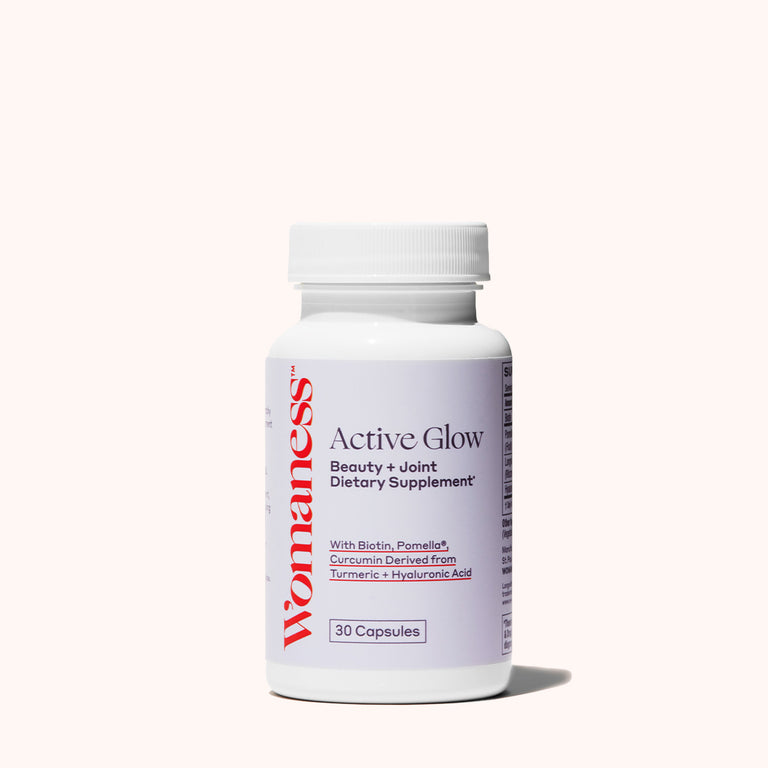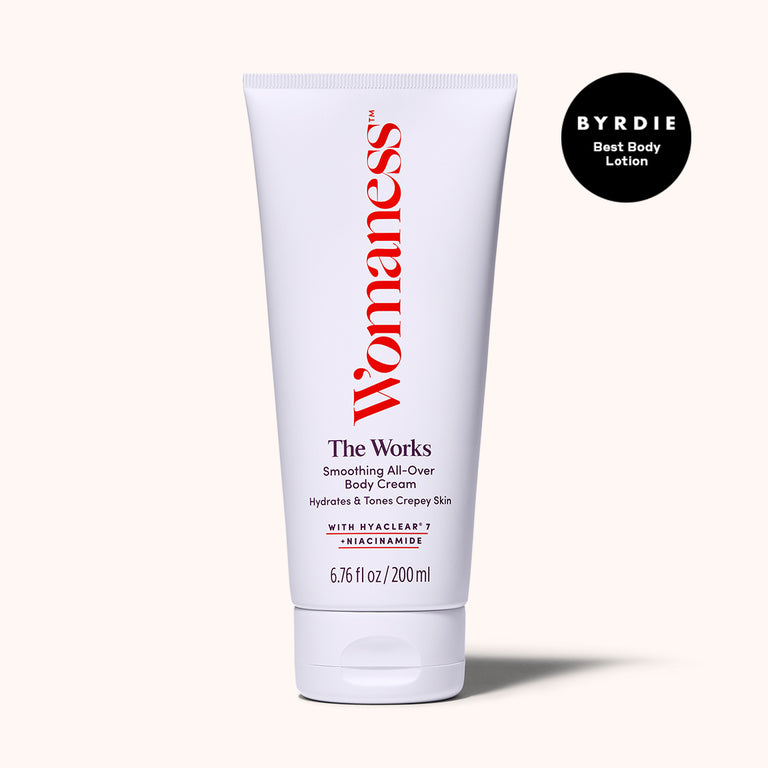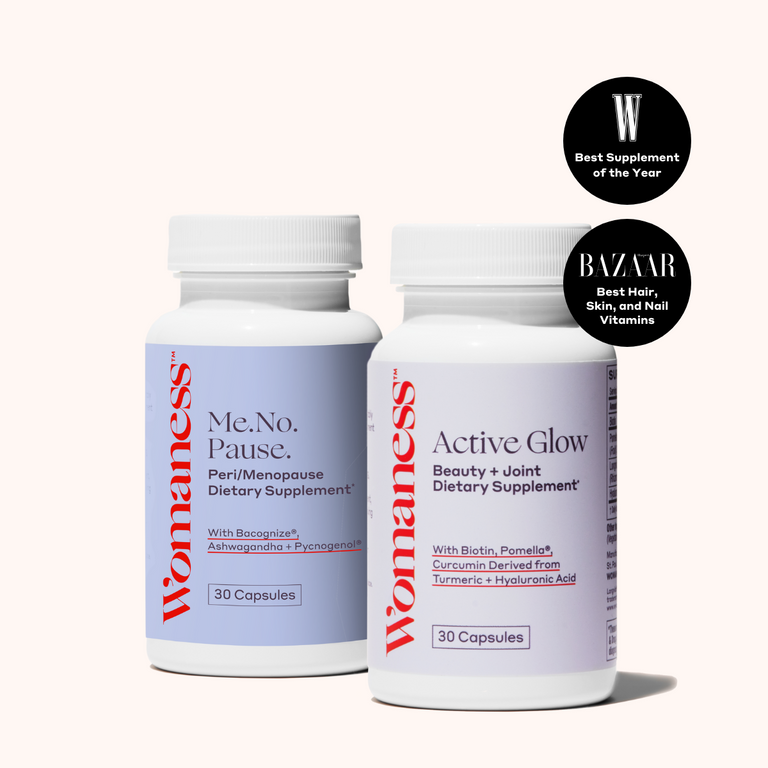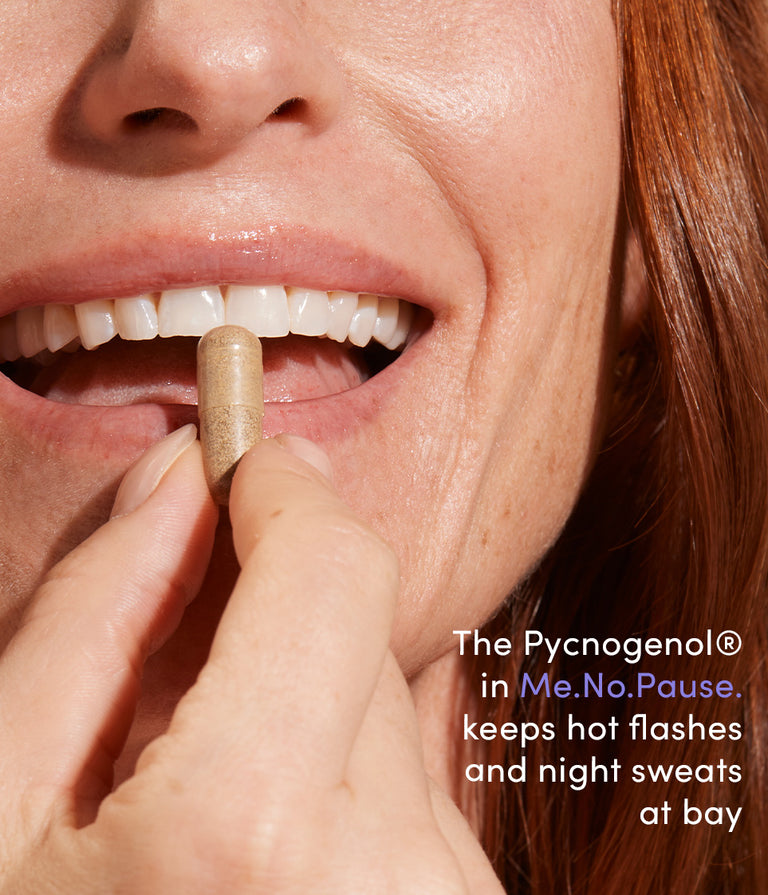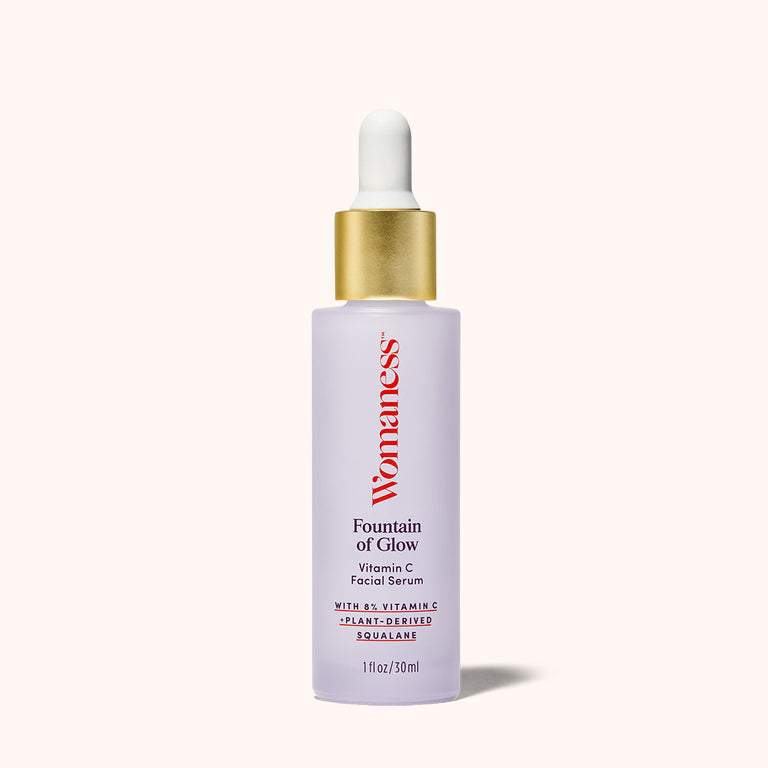By Michelle Jacobs 4-Minute Read

I have often written about how women maintain our health and wellness in our early to mid-50s. It often takes not just a village, but a literal city—doctors, dermatologists, gastroenterologists, nutritionists, facialists, etc.—to maintain our health. Every week it feels like something new pops up. Given that many of these people are very expensive and some don’t take insurance (an entirely different blog post), I take my Go-Tos very seriously. They better be good and they better fix me up fast.
A very special Go-To in my arsenal is Geoff Rose, a Posturologist with a background in Osteopathy and Strength and Conditioning in Larchmont, NY. I met Geoff about 10 years ago when I saw him treating someone at my local gym who clearly was having hip issues due to too much running. He has since gone on to open his own gym and osteo practice. I wish everyone could have a Geoff Rose in their life. He knows how all the muscles, joints, fascia, and bones work together.
With any and all of my aches and pains, before I call the doctor, I call Geoff. When a doctor suggested I needed knee surgery, I saw Geoff. He calmed me down, pinpointed my misaligned fascia—working on my hip, leg, and ankle—and I walked out of his office cured. Recently, I sprained my ankle. The doctor prescribed PT—which I did—but I was in Geoff’s office within three days of the accident. Geoff helped me get the swelling down and got movement in my ankle and toes faster due to his knowledge of injuries and healing.
“Before I call the doctor, I call Geoff.” - Co-founder Michelle Jacobs
My love of weight training also came from working with Geoff. He taught me all the basics of lifting heavier weights carefully and injury free. He has pushed me to do much more than I thought my body could.
While we normally interview amazing and inspiring women in our lives here at Womaness, I wanted to feature Geoff because he is so knowledgeable about bodies, women’s bodies, and how they change over time—and, most importantly—how to take care of our muscles, weight, and mental health. Take a look at a few of his tips.
For those in the Westchester/ Connecticut area, we are also offering a discount for your first-time visit to REP Athletics. I cannot recommend them enough! Just mention Womaness when you book to save 10% off.
7 Questions with Posturologist Geoff Rose
1. What do women 40+ ask you the most?
“How do I lose fat here?” I am always getting asked how to lose fat in specific areas of the body. This is due to hormones. An example: fat storage on the stomach is due to high cortisol, while fat storage on the back is due to high blood sugar levels. While we all know that we cannot do “spot treatments,” that doesn't mean that we can't build muscle in those areas.
2. Why are women all finding it harder to lose weight?
Mother Nature. Unfortunately, after 40, the hormonal system doesn't quite work the same, as women are starting leave the point in their lives when their bodies need to be super-efficient for reproduction. This leads to changes in hormone levels as well as metabolism.
3. If you are just starting a workout routine, what are some things we should all do?
• Walk outside a lot. It’s great for mental health, getting vitamin D, burning glucose (managing blood sugar), and stimulating mitochondria (great for your metabolic health).
• Use machines. While we are big believers in functional movement, machines are great for training muscles without having a high level of coordination. It allows you to push harder with less risk of injury and more potential to increase bone mineral density.
• Do ELDOA. This exercise uses the fascial system to create space in joints. It is a powerful tool to reverse bulging discs and poor posture. But more so related, it the best way to increase bone density in the spine as well as ensure healthy viscera (organs). Every organ has a fascial attachment to the spine, we can target different organs to ensure the quality of tissue around the organ is as healthy as possible.
• Sweat at least four times a week. Whether it’s from weight lifting, cardio, or a sauna session, sweating is the best way to detox. When we get ourselves to that point, it means we are creating a high thermal environment, which burns a lot of calories, but also solicits a hormonal response.
4. How important is cardio really? What about weight lifting? And how heavy is heavy?
Cardio is very important for health; when we do aerobic exercise, we are training the heart (important for longevity), stimulating new blood to all parts of the body (new blood brings oxygen and nutrients making the tissue healthier), and kicking in our fat-burning system (this is good not only for weight management, but toxins store in fats, so the more fat we can burn the better).
Weight lifting is crucial for longevity as it increases brain function, regulates blood sugar, increases bone density, reduces probability of falling, creates more body armor for falls (building muscle), and has mental health benefits.
“How heavy is heavy?” is a great question. If we were working with someone one-on-one, we would be working in terms of body weight percentages to determine the resistance. If you are new to resistance training, focus on a weight that is challenging throughout the rep range and getting close to failure on the last few reps. It is important to change your rep range after 20 workouts—3 sets of 10 will not get you results if you continue this throughout the year. You'll want to vary your intensities to heavier weights by doing 4 sets of 6 reps, then back to lighter weights after 20 workouts doing 3 sets of 15 reps.
5. Do women really need 100 grams of protein a day in our diet? Does it really make a difference?
In a perfect world, we should base our protein intake based on our body weight and our goals. However, 100 grams is a good number to start with. There is strong evidence that starting the day with at least 30 grams of protein puts our blood sugar levels in a great place to begin. It helps satiate us, making it easier to make better decisions throughout the rest of the day. If you base your meals around getting 30 to 40 grams of protein, it leads to much healthier pairing options and less snacking (where a lot of hidden calories come from). Lastly, it helps us build muscle, which is crucial to longevity for both blood sugar regulation and better outcomes with falls.
6. Creatine: Does it work?
Creatine is the most researched supplement on the market. We highly recommend it, as it helps our energy levels, builds muscle, and improves cognitive function.
7. Any last bits of advice for those of us trying to stay strong as we age?
Consistency and kindness. Being consistent with your workouts and diet will pay off; it doesn't happen in a day or a week. If you can truly be consistent for months, you will look and feel different. Lastly, be kind to yourself, if you miss a day with your protein intake, or have a bad workout week, you cannot let that derail the big picture. Life will always throw you curveballs. We believe less in what the scale says and more how you feel physically and emotionally.
SPECIAL OFFER:
If you're in the Westchester, NY or Connecticut area, take 10% off your first visit to REP Athletics, on us. Simply mention Womaness when you book!
More For You
Your Top 5 Questions About Midlife
"Middle Age Smacked Me in the Face"
5 Ways Companies Can Support Women in Menopause

